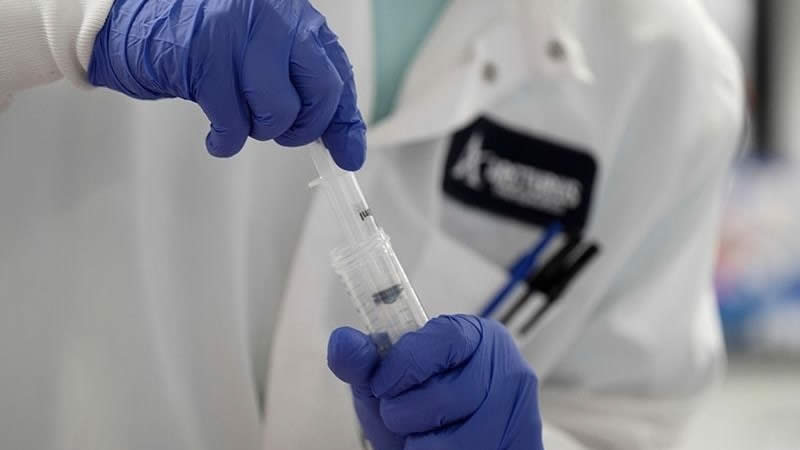• PPP alleges fewer tests are aimed at artificially flattening the curve
• PM’s aide says decrease in Covid-19 tests is just for a few days
While 341 of the 751 new cases of novel coronavirus (Covid-19) were detected in Sindh in a single day, data of the Ministry of National Health Services showed on Tuesday that the number of tests had come down in all the provinces, except Sindh.
The graph on the ministry’s website shows that for almost a week Sindh has conducted most tests, that is around 3,000 tests daily. In comparison, about 2,000 tests are being carried out daily in Punjab, even though the province’s population is almost 50 per cent of the country’s entire population.
Similarly, Khyber Pakhtunkhwa has been conducting around 1,000 tests per day and 300 to 400 tests are being carried out in Balochistan and the federal capital, respectively.
On Tuesday Pakistan Peoples Party’s central information secretary Nafisa Shah, whose party rules in Sindh, alleged that the move of carrying out fewer tests was intended to ‘artificially flatten the curve’ giving a false sense of security to the people of other provinces.
In a tweet addressed to Dr Zafar Mirza, National Disaster Management Authority, Federal Minister for Special Initiatives Asad Umar and the National Institute of Health, the PPP leader asked, “Pls tell us what’s going on? Why have #Punjab, @KP, #ICT, #Balochistan reduced their testing since April 24th?
“To artificially flatten the curve? To give people a false sense of security? To show #Sindh has the highest no of cases?”
However, Special Assistant to the Prime Minister on Health Dr Mirza, while talking to Dawn, denied that it was a deliberate attempt to keep the figures artificially low.
“It is a fact that the tests were reduced in Punjab, but it is just for a few days. We are going to implement the tracking, testing and quarantining [TTQ] policy, so the number of tests will be increased by manifolds in coming days,” he said.
The premier’s special assistant also admitted that the number of confirmed cases had dropped in provinces due to the decrease in number of daily tests, and then said it did not mean the number of tests had been reduced deliberately. “The number of tests can be decreased due to less number of suspects,” he added.
Earlier while briefing the media on Covid-19 situation, Dr Mirza said 751 cases had been confirmed across the country during the past 24 hours. Out of them, he said, as many as 341 had been reported from Sindh, 194 from Punjab, 120 from Khyber Pakhtunkhwa, 72 from Balochistan, 16 from Islamabad, six from Azad Jammu and Kashmir and two from Gilgit-Baltistan.
He told the media that the federal cabinet had announced Shuhada package for the families of the healthcare providers who died from Covid-19.
Elaborating on the issue, Dr Mirza said: “There are two packages for the government servants. First one is for those who die during service and second one is the Shuhada Package for those who die in the line of duty such as suicide attacks, bomb blast etc. It is decided that Shuhada Package will be given if a healthcare provider dies after contracting Covid-19. The package will be for federal employees but we are trying to extend it to Gilgit-Baltistan and AJK.”
The special assistant to the prime minister said that the family of deceased would get up to Rs10 million considering their basis pay scales, 100pc pension, free education for children, financial support to purchase a plot and job for their one child.
Dr Mirza also disclosed that the highest number of Covid-19 patients, i.e. 20 died in a single day, but then expressed the hope that the number of deaths and confirmed cases would drop soon.
He blamed people gathering at shops before iftar and violation of the standard operating procedure regarding prayers and Taraweeh at mosques for the spread of coronavirus.












